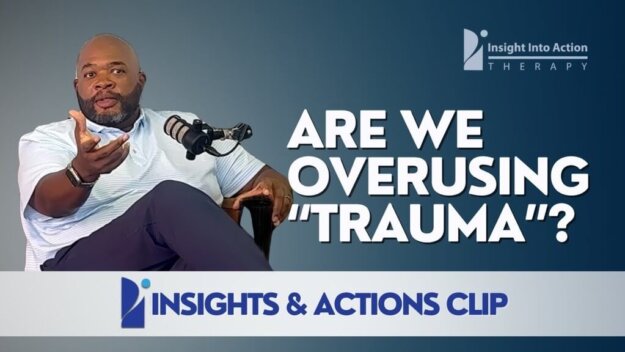Radical Acceptance in DBT: How to Practice It
Dialectical behavior therapy (DBT) is a type of cognitive-behavioral therapy that has been proven effective for treating a wide range of mental health issues, including addiction. At Insight Into Action Therapy, we use DBT to help our clients achieve lasting recovery from substance use disorders and mental health challenges. One of the critical concepts of…









